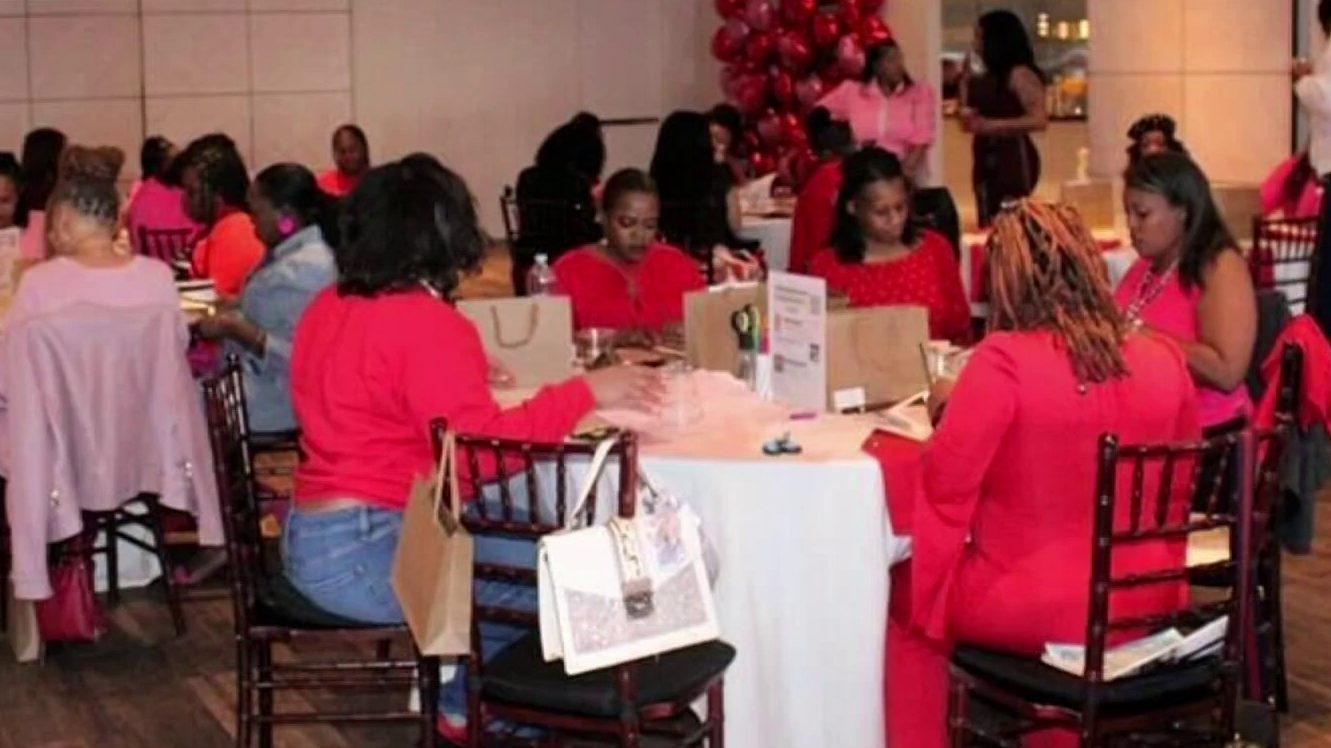Human trafficking is a growing problem in Texas and it's hitting Fort Worth hard. Police there worked nearly as many cases in the first four months of this year as in all of 2016.
But the city is stepping up to respond to the problem, from police down to the average neighbor.
It's quiet in Fort Worth's Oakhurst neighborhood, maybe too quiet.
"All of us have lived such a protected life that we live in a bubble," Sharon Buse said.
Now she’s starting to make some noise, about the difficult topic of human trafficking.
"We have conversations at the end of my driveway. We have conversations in the park. We have conversations just walking down the street," Buse said.
She started a group of women and mothers called "Not in My Neighborhood."
Local
The latest news from around North Texas.
"I've heard the story of a mother where her child was burned and thrown out of a car and beat and gang raped and so how can you not be passionate about it?" said Buse.
Tuesday night, Buse listened as Fort Worth police shared the startling numbers: 28 cases of human trafficking last year, 27 of them child sex trafficking. This year there were 26 sex trafficking cases just through the month of April, 24 were kids.
Police are changing their own perspective.
"Beginning to understand that prostitution is not a victim-less crime and the actual victims are the individuals who are forced to participate in that criminal activity," said Fort Worth Police Assistant Chief Kenneth Dean. “Then beginning to understand why or how they got there.”
But with all of those cases, the department has just one detective and one officer dedicated to this full-time. They partner with other units and Homeland Security investigators.
"There's a cost for us not doing this and there's a cost to get together to do this,” Assistant Chief Dean said. “I would rather pay the second cost."
They're hoping the city will offer more resources, though it'll take more than police.
"If we educate our neighbors, if we educate our peers, if we educate each other, then we can prevent this," Buse said.
Small steps to take on a huge task.
“It just seems like if you know about it you need to do something about it,” said Buse. "Maybe I can't do much, but I want to do something."
Police say the growing number of cases is partly because they're getting a lot more tips as people learn about this problem.
Now they want to start a stand-alone unit to be more proactive, investigating early signs like teenage runaways and working with social service agencies to restore survivors to a normal life.



